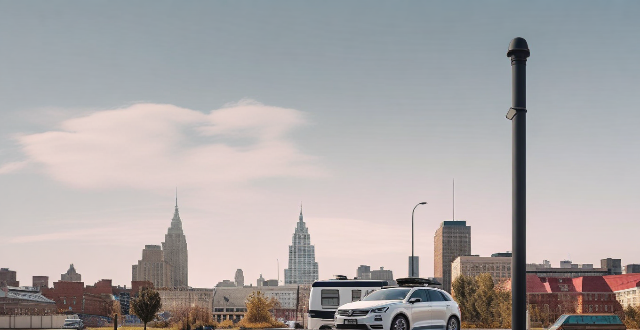Electric vehicle charging times vary based on several factors such as battery capacity, charging power, battery state of charge, and temperature. Super fast charging stations can charge small city cars from 0% to 80% in about 20-30 minutes, mid-size sedans in approximately 30-45 minutes, and large SUVs in around 45-75 minutes. Tips for optimizing charging time include planning trips, using apps to find available charging stations, avoiding peak hours, monitoring battery level, and considering warm-up features in cold weather.

Charging Time for Electric Vehicles at Super Fast Charging Stations
Electric vehicles (EVs) are becoming increasingly popular due to their environmental benefits and lower operating costs. One of the concerns for potential EV owners is the charging time, especially at super fast charging stations. In this article, we will discuss the factors that affect charging time and provide an estimate for fully charging an electric vehicle at a super fast charging station.
Factors Affecting Charging Time
Charging time for electric vehicles depends on several factors, including:
- Battery Capacity: The larger the battery capacity, the longer it takes to charge. For example, a small city car with a 20 kWh battery will charge faster than a large SUV with a 100 kWh battery.
- Charging Power: The higher the charging power, the faster the charging time. Super fast charging stations typically offer power levels between 100 kW and 350 kW.
- Battery State of Charge: Charging speed varies depending on the battery's state of charge. It's fastest when the battery is almost empty and slows down as it approaches full charge.
- Temperature: Cold temperatures can significantly slow down charging speeds, while warm temperatures can improve them.
Charging Time Estimates
Small City Cars (20-40 kWh Battery)
For small city cars with a battery capacity of 20-40 kWh, super fast charging stations can charge the battery from 0% to 80% in about 20-30 minutes. However, it's important to note that charging speed decreases as the battery approaches full charge, so reaching 100% may take an additional 10-20 minutes.
Mid-Size Sedans (40-60 kWh Battery)
Mid-size sedans with a battery capacity of 40-60 kWh can be charged from 0% to 80% in approximately 30-45 minutes at a super fast charging station. Again, reaching 100% may require an additional 10-20 minutes.
Large SUVs (60-100 kWh Battery)
Large SUVs with a battery capacity of 60-100 kWh will take longer to charge at super fast charging stations. Charging from 0% to 80% may take around 45-75 minutes, and reaching 100% could add another 10-20 minutes.
Tips for Optimizing Charging Time
To optimize your charging time at super fast charging stations, consider the following tips:
- Plan Your Trips: Plan your trips and charging stops ahead of time to ensure you don't need to wait for other vehicles to finish charging.
- Use Apps: Use apps like PlugShare or ChargePoint to find nearby charging stations and check their availability.
- Avoid Charging During Peak Hours: If possible, avoid charging during peak hours when more people are likely to be using the charging stations.
- Monitor Your Battery Level: Keep an eye on your battery level and plan your charging stops accordingly to avoid running out of charge.
- Consider Warm-Up Features: Some EVs have features that allow you to warm up the battery before charging, which can help improve charging speeds in cold weather.
In conclusion, the time it takes to fully charge an electric vehicle at a super fast charging station depends on several factors, including battery capacity, charging power, battery state of charge, and temperature. By understanding these factors and planning ahead, you can optimize your charging time and enjoy the benefits of owning an electric vehicle.